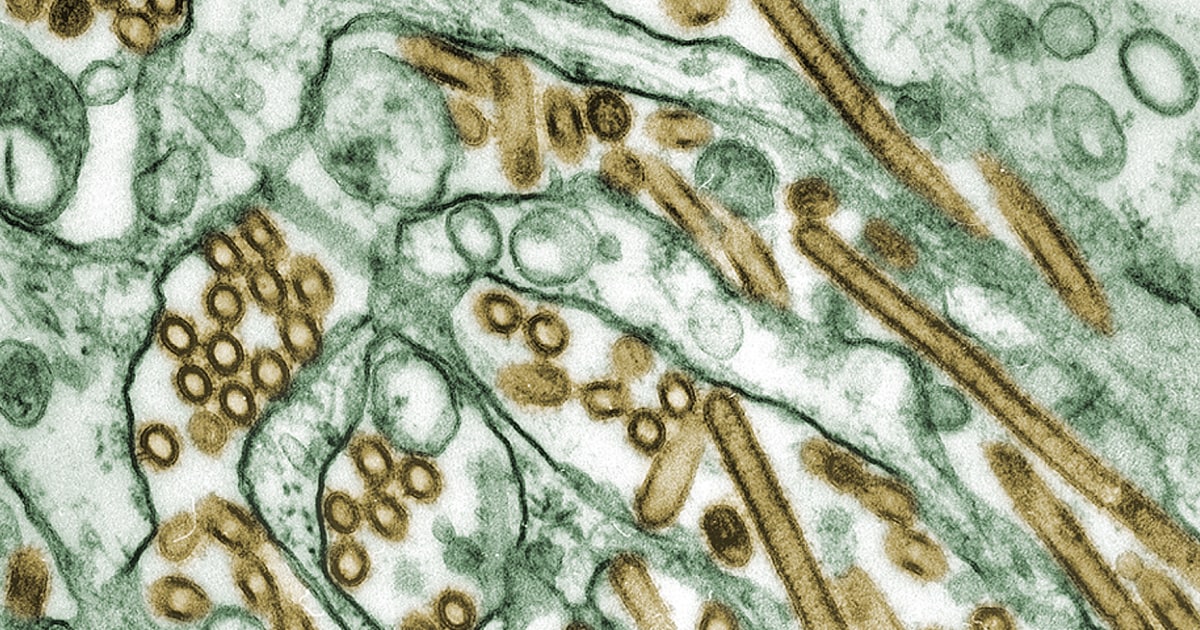Summary
H5N1 bird flu samples from a severely ill patient in Louisiana show mutations that could make the virus more transmissible to humans, the CDC reported.
The patient, over 65 with underlying health conditions, likely contracted the virus from backyard birds. Genetic analysis revealed mutations allowing the virus to potentially bind to human airway cells, though experts caution there is no evidence of person-to-person spread.
The CDC maintains that the public risk remains low but emphasizes the need for surveillance and preventive measures.
As human cases rise globally, experts warn of increased pandemic risk.
You must log in or register to comment.


